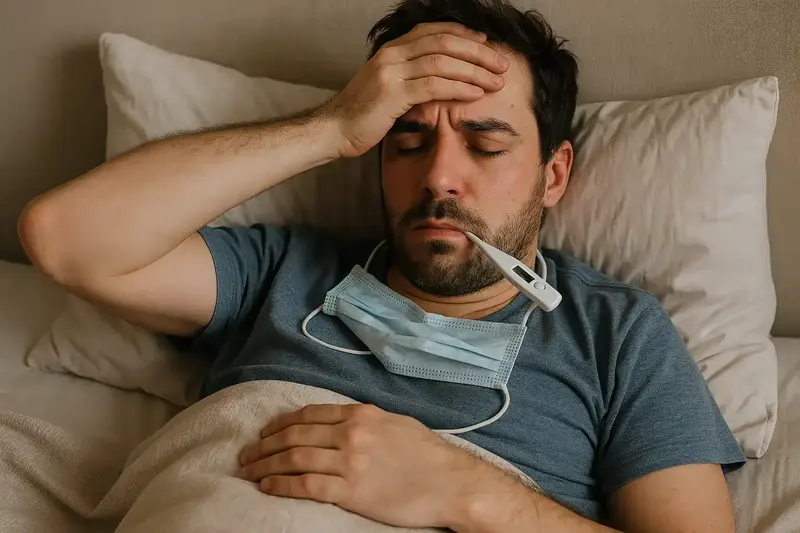- Published on: Feb 20, 2023
- 1 minute read
- By: SECONDMEDIC EXPERT
Allergies And Asthma: Tips For Managing Symptoms
Allergies occur when your immune system overreacts to a harmless substance, such as pollen, pet dander, or certain foods. Symptoms can include sneezing, runny nose, itchy eyes, and skin rashes. Asthma, on the other hand, is a chronic respiratory condition characterized by inflammation and narrowing of the airways, which can cause wheezing, shortness of breath, and coughing.
While allergies and asthma are separate conditions, they often occur together. In fact, many people with asthma have allergies, and allergens can trigger asthma symptoms.
Here are some tips to manage allergies and asthma:
1. Identify your triggers: Keep track of what triggers your allergies and asthma and try to avoid those triggers as much as possible.
2. Take medication as prescribed: If you have allergies or asthma, your doctor may prescribe medication to manage your symptoms. Make sure to take your medication as directed, even if you feel fine.
3. Use an air purifier: An air purifier can help remove allergens and other irritants from the air, which can reduce your symptoms.
4. Keep your home clean: Regularly clean your home to remove dust, mold, and other allergens that can trigger your symptoms.
5. Get regular check-ups: If you have allergies or asthma, it's important to see your doctor regularly to monitor your condition and adjust your treatment as needed.
6. Manage stress: Stress can worsen allergies and asthma symptoms, so it's important to find ways to manage stress. Try relaxation techniques such as deep breathing, meditation, or yoga.
7. Exercise regularly: Exercise can help improve lung function and overall health. However, if exercise triggers your asthma, talk to your doctor about ways to manage your symptoms during exercise.
8. Consider allergy shots: Allergy shots, also known as immunotherapy, can help reduce your sensitivity to allergens over time. Talk to your doctor to see if this treatment option is right for you.
9. Know the difference between allergies and asthma: While allergies and asthma can share similar symptoms, it's important to understand the differences between the two. Allergies typically cause symptoms such as sneezing, runny nose, and itchy eyes, while asthma symptoms include wheezing, shortness of breath, and coughing.
10. Seek emergency care when necessary: If you experience severe asthma symptoms such as difficulty breathing or chest pain, seek emergency medical care right away.
It's also important to note that while there is no cure for allergies or asthma, with proper management, most people can live symptom-free or with minimal symptoms. Work with your doctor to develop a personalized treatment plan that meets your needs and lifestyle.
Remember, if you have any concerns about your allergies or asthma, talk to your doctor. With the right care and support, you can effectively manage your symptoms and live a healthy, active life.









